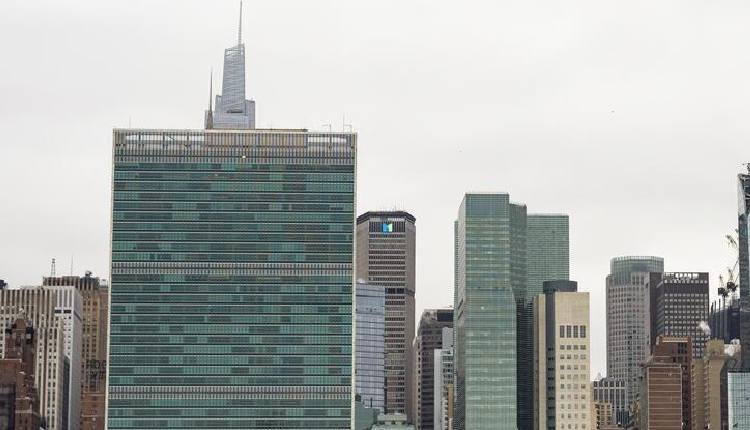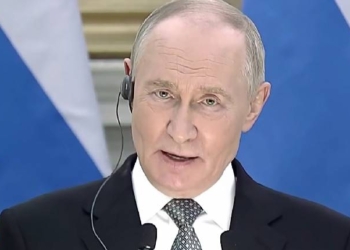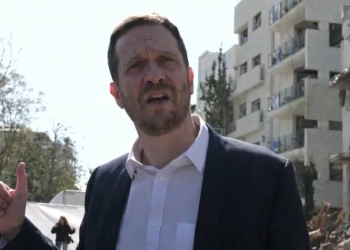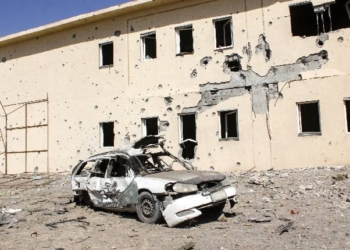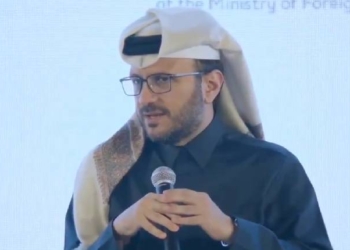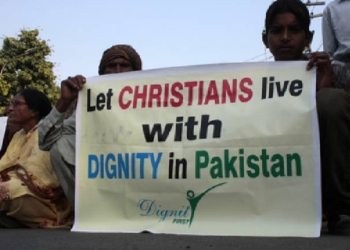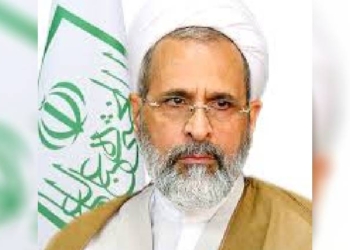United Nations: The heads of the Security Council and the General Assembly have called for women nominees to break the world organisation’s glass ceiling by running for secretary-general to succeed Antonio Guterres.
“Member states are encouraged to strongly consider nominating women as candidates”, Assembly President Annalena Baerbock and Council President Michael Imran Kanu wrote to UN members starting off the election process for secretary-general on Tuesday.
They noted with “regret that no woman has ever held the position of secretary-general”.
The elections are scheduled for next year, and the candidate elected will become the tenth secrtary-general on January 1, 2027, taking over from Guterres who will be completing his second term.
So far, two women with leadership experience in UN organisations have received formal nominations from their countries.
Rebeca Grynspan, who is the secretary-general of UN Trade and Development organisation known as UNCTAD, and a former vice president of Costa Rica, was nominated by her country.
Chile nominated its former president Michelle Bachelet, who has served as the UN High Commissioner for Human Rights.
David Choquehuanca has been nominated by a coalition of 36 groups representing the indigenous people of Bolivia, and it is unclear if he has the country’s new leadership’s endorsment required to formalise it.
The Council, where the five permanent members have veto powers, determines the winner, as the UN Charter says that the Assembly appoints the UN’s top official “upon the recommendation of the Security Council”.
The Charter uses the masculine “he” in referring to the secretary-general, who have all been men, and leaders are attempting to break the tradition.
In the 2016 election, it was widely expected that a woman, preferably from the Eastern European region, would be elected, and several strong women candidates emerged.
But ultimately, Guterres, a former prime minister of Portugal and the UN High Commissioner for Refugees, prevailed in the Council, the only candidate acceptable to Russia, China, and the Western countries.
Setting out the norms for the election, the Assembly said in a resolution that there should be “continued efforts towards achieving equal and fair distribution in terms of the gender and geographical balance”.
The candidates are required to give a vision statement on leading the UN and disclose the sources of funding for their campaign.
For the first time in 2016, the election process was dragged from the shadows of backroom negotiations, and the candidates made public vision statements and faced member countries and civil society groups in open hearings.
An organisation called 1 for 8 Billion, which is campaigning for a woman to get the post and tracking the election, has listed several “rumoured candidates”.
They include UN Deputy Secretary-General Amina Mohammed, who is of British and Nigerian descent and is a former environment minister in Nigeria; International Monetary Fund head Kristalina Georgieva, a Bulgarian who was one of the front-runners in 2016; former New Zealand Prime Minister Jacinda Ardern; Maria Fernanda Espinosa Garces fro Ecuador, who is a former Assembly president, and BarbadosPrime Minister Mia Mottley.
Argentinian Rafael Grossi, the director-general of the International Atomic Energy Agency, has expressed interest in the position.
(IANS)




